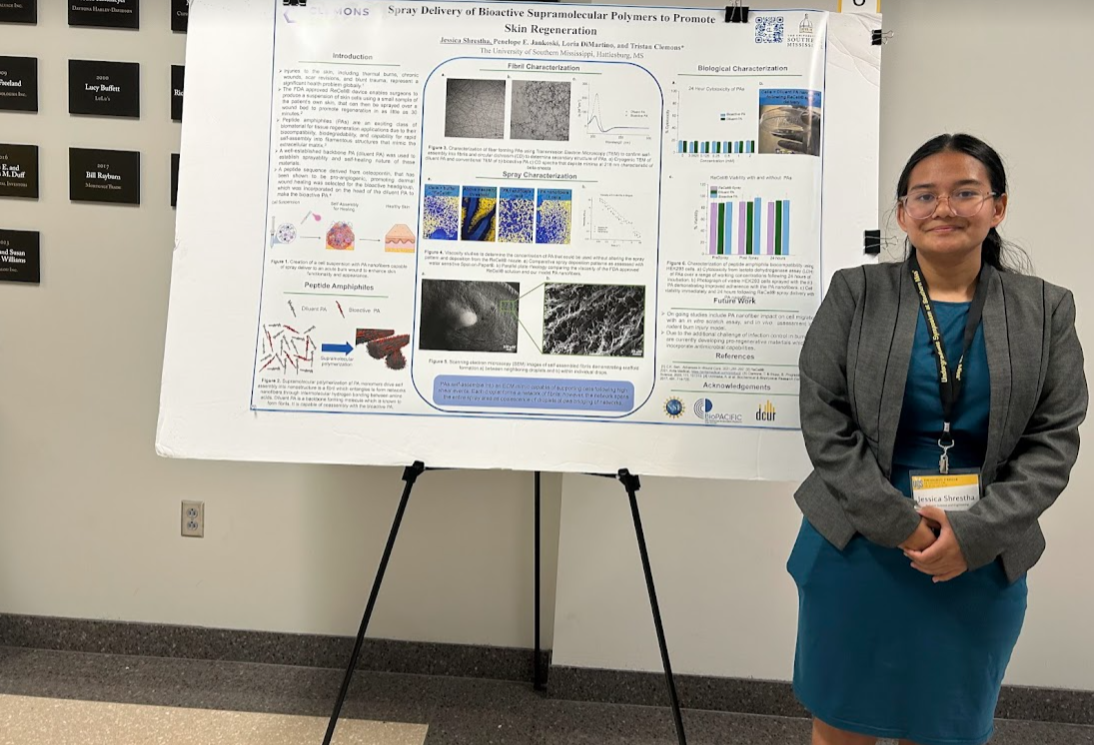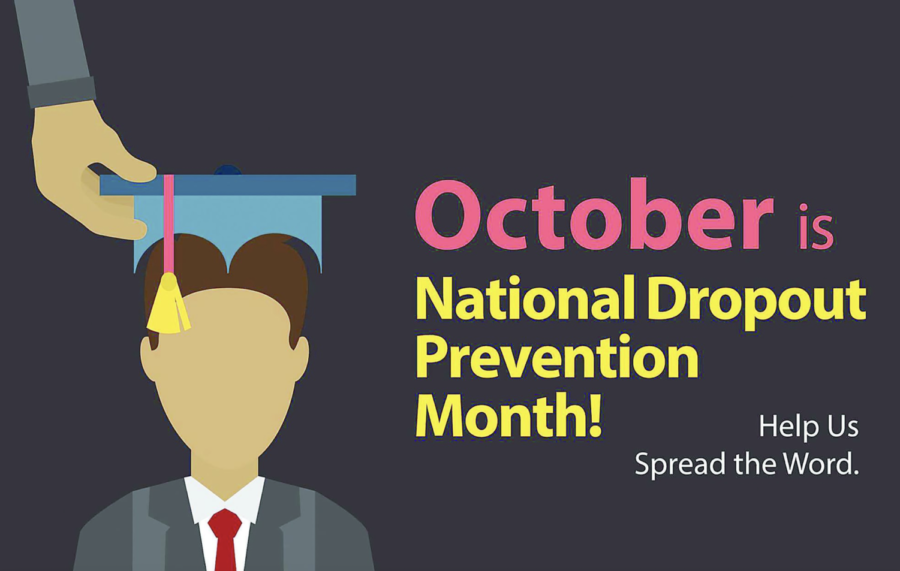With technological advancements and psychological research, students are no longer limited to taking and memorizing notes and reading heavy textbooks to ensure academic success.
In a desperate effort to keep up with university expectations, offbeat study resources have appeared across the Internet and medical field. These resources have both positive and negative consequences on campus culture.
Medical research is fighting black markets on college campuses with the creation of legal smart drugs. ADHD and ADD medications, such as Adderall and Ritalin, are in high demand, especially for those who need an extra boost to make it through all- night cramming sessions. Now, students can opt out of illegal drug use for safe and legal alternatives.
A recent study from the University of South Carolina found that 1 in 6 college kids misuses ADHD drugs to enhance academic performance, often debated as an ethical issue in that many see taking any such drug as an unfair advantage.
These issues were discussed as part of the Intelligence Squared Debates in Oct. 2015. Two teams argued the ethics of allowing students to take smart drugs.
Nicole Vincent, an associate professor of philosophy, law and neuroscience at Georgia State University, opposed smart drug usage. She argued that the use of smart drugs causes unnecessary pressure and competition.
“The idea is the same as what happened with doping in sports,” Vincent said. “We don’t want those people to take the medications and then push everybody to have to do that as well, to coerce them and diminish their freedom because somebody decided to [take steroids].”
Alternatively, Nita Farahany, professor and director of Duke Initiative for Science and Society, made a point that restricting these drugs cheats students out of being freethinkers. According to Farahany, it is society’s responsibility as a culture to pursue intellectual enhancement, regardless of the means.
“First, colleges should empower students to make their own choices about how they will change their brains,” Farahany said. “And second, the gradual improvement of our brains is a social good we should pursue in society.”
If students choose not to jump into the unknown by taking legal smart drugs, the alternative would be time management and close care of mental health. Campus counseling centers are a key component of student success. Counselors are available to talk with students about issues of any severity, from being overwhelmed in classes to coping with a psychological disorder in the college setting.
There are other ways to prepare and study for classes. Online resources such as ratemyprofessors.com gives students a preview of what they can expect from certain instructors. By finding professors who are rated well, a student may be able to organize a class schedule that best fits his or her learning needs.
A student may gauge the difficulty levels of tests, teaching styles and personalities of professors via others’ ratings and reviews.
Travis Kitch, lecturer of anthropology at North Dakota State University, said these reviews can be misleading in some cases.
“Take what’s said with a grain of salt,” Kitch said. “You’re dealing with anonymous commenters who may have personal grudges against a professor, and it gives some people perhaps an opportunity to say things they wouldn’t normally say.”
You can even see how attractive professors are depending on how many chili peppers they are rated.
Once enrolled in a course, there are some preemptive strikes that can be made to ensure success. Over holiday or summer breaks, studying in advance and becoming familiar with the material that will be covered can be a leg up.
USM requires the usage of Blackboard where teachers post class materials and syllabi for student access.
Finding these syllabi and class outlines will guarantee that students are not blind-sighted by any material or scheduled exams.
There are unlimited ways to succeed in college, but all require effort.
Time-management, religiously consulting academic calendars and developing unique organization methods will keep stress to a minimum and classes under control. A little digging and research will aid in choosing the right courses, and a legal boost could make all the difference.




































